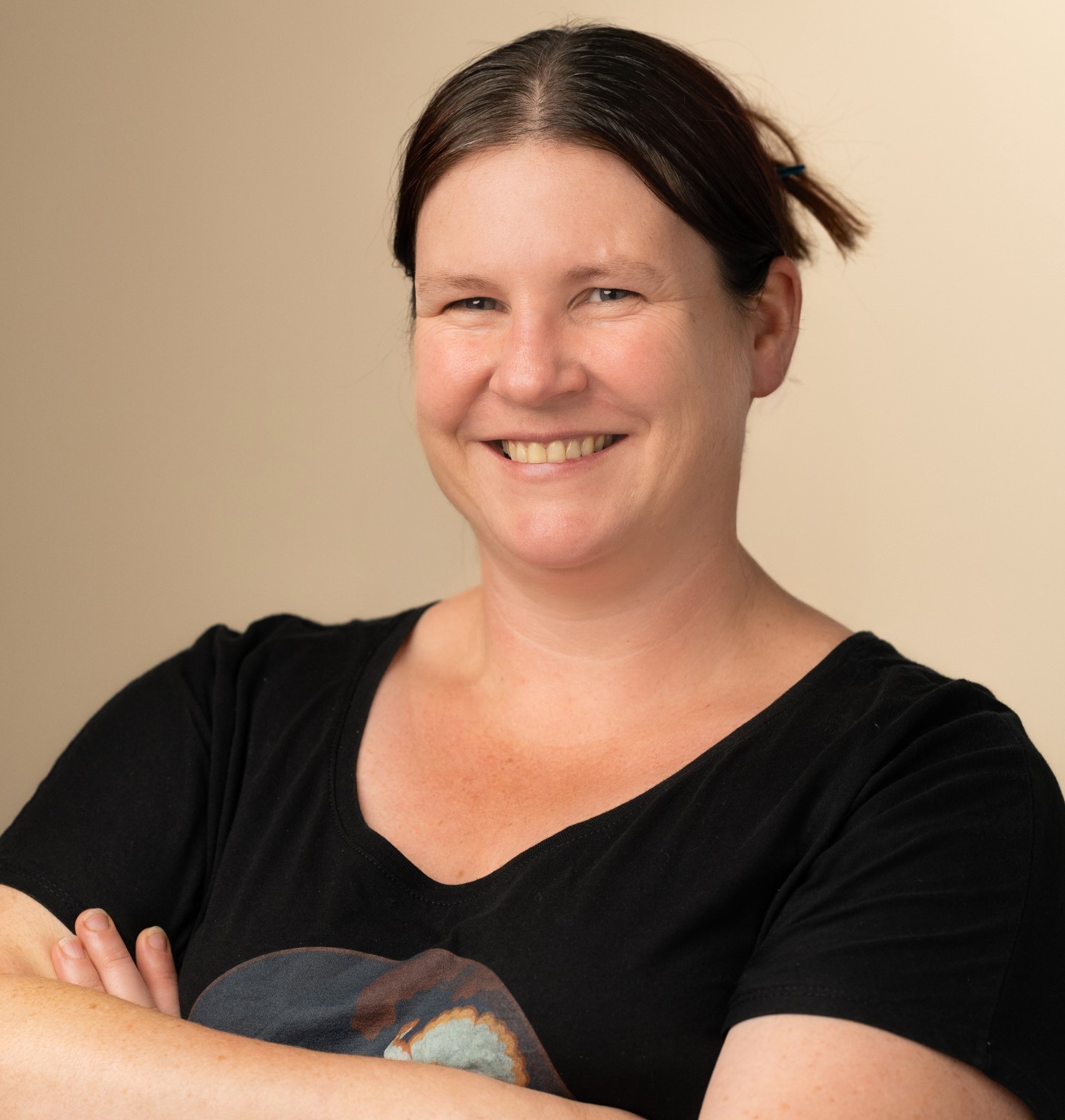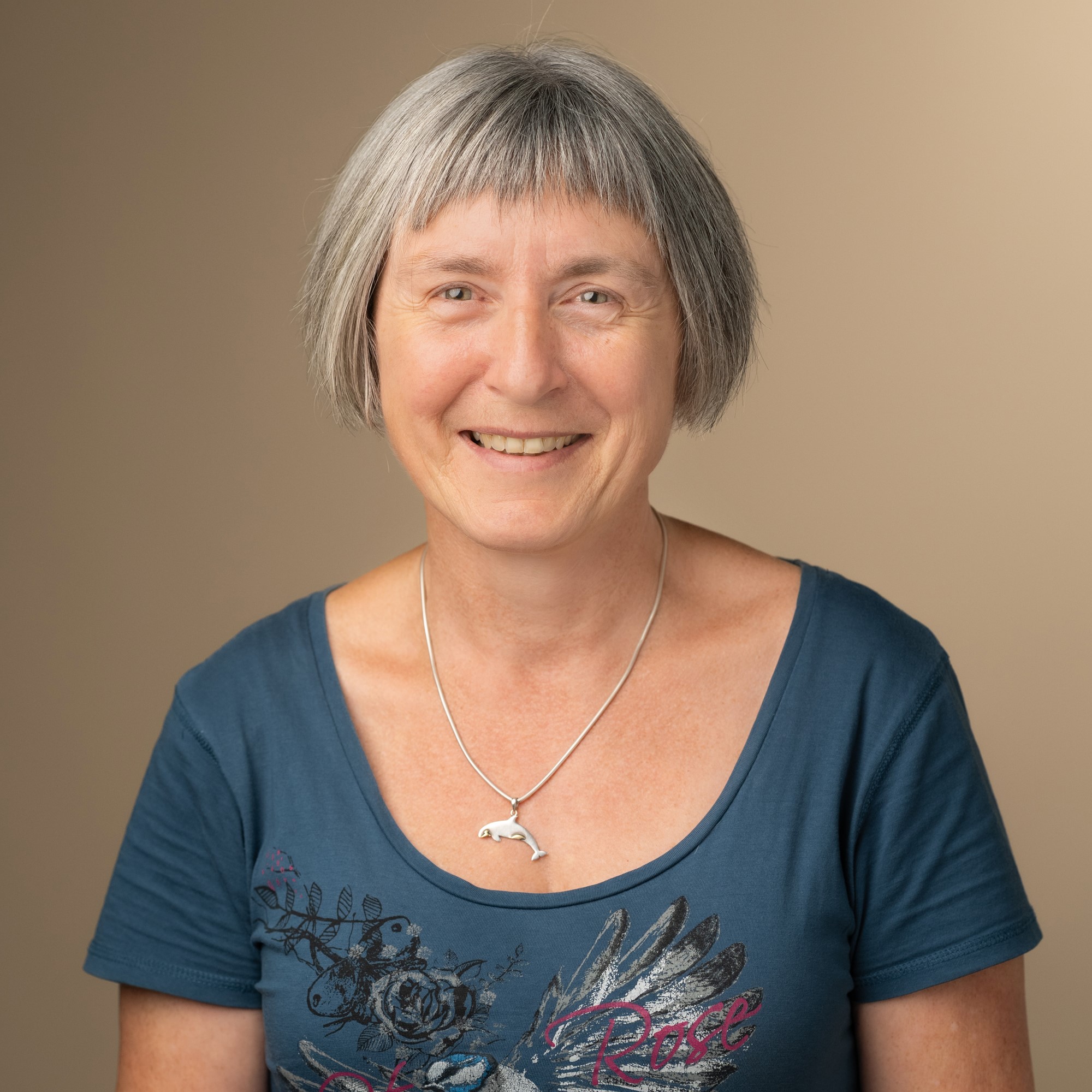Research Program Overview
Blood vessels form an extensive network that transports cells, oxygen and nutrients throughout all tissues and organs. Blood vessels are key components in our fight against disease and improved understanding of endothelial cells (ECs, specialised cells which form the inner lining of blood vessels), will provide new knowledge and novel treatment options for many fatal diseases, including cancer, heart disease and diabetes.
We have world leading research in vasculogenic mimicry (VM), a process wherein cancer cells themselves form vascular-like structures to increase access to the blood supply to assist in tumour growth. In the most aggressive and difficult to treat cancers of the breast, skin and pancreas, increased VM is associated with poor clinical outcome. We have begun to identify novel elements in VM and are now targeting these with an overall aim to provide better outcomes for cancer patients.
More recent projects investigate novel proteins that modify the tumour microenvironment. We have identified new proteins that promote progression of cancer in the breast, skin, pancreas, colon and lung via their control of cell surface factors (e.g. adhesion molecules, integrins, growth factor receptors) as well as the secretion of proteins (growth factors, enzymes, cytokines and chemokines) and extracellular vesicles (EVs). Developing reagents that target and block the function of these pro-cancerous mediators is a major focus for our team as we aim to improve survival outcomes for patients with cancer.
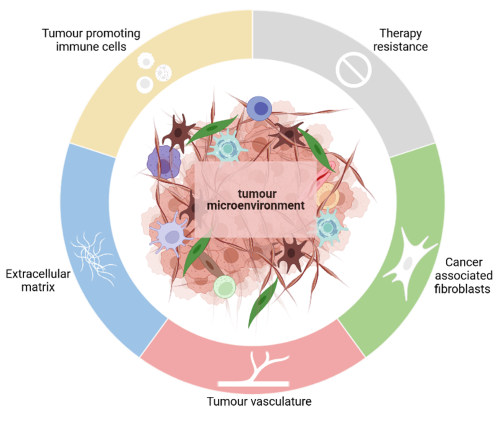
Current Research Projects
- Investigating the role of desmoglein-2 in the progression of blood cancers and solid tumours
- Understanding the contribution of vasculogenic mimicry in the tumour microenvironment and cancer progression
- Defining the gene expression, signalling pathways and spatial proteomics that promote and modulate vasculogenic mimicry and anti-tumour immunity
- Advancing CAR-T cells for application to combat solid tumours (Carina Biotech Ltd)
Laboratory staff
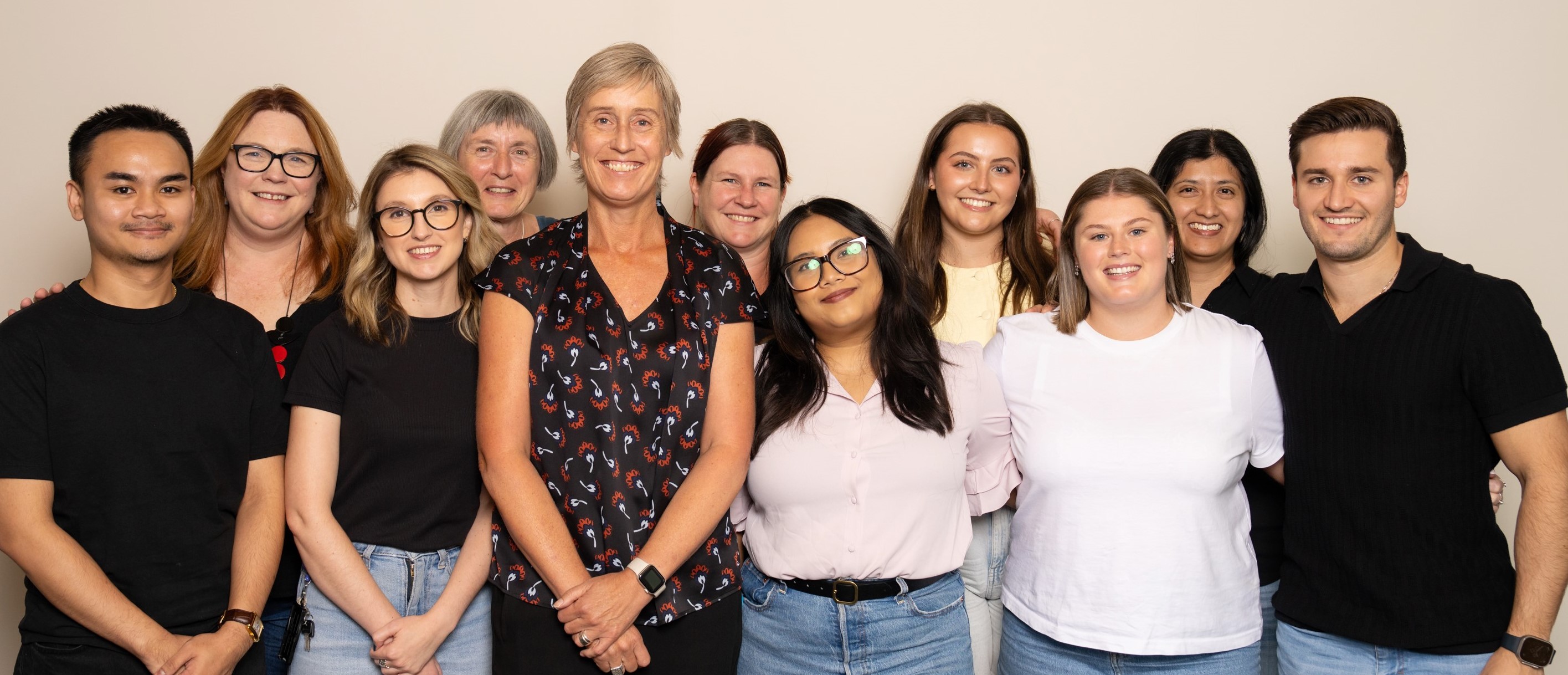
Laboratory head
Team Members
Research Scientists
Technical and Research Assistants
PhD Students
- Ms Charlie Ffrench

- Mr Michael Ortiz

- Ms Emma Dorward

- Ms Anahita Fouladzadeh
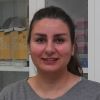
-
Ms Nathalie Nataren
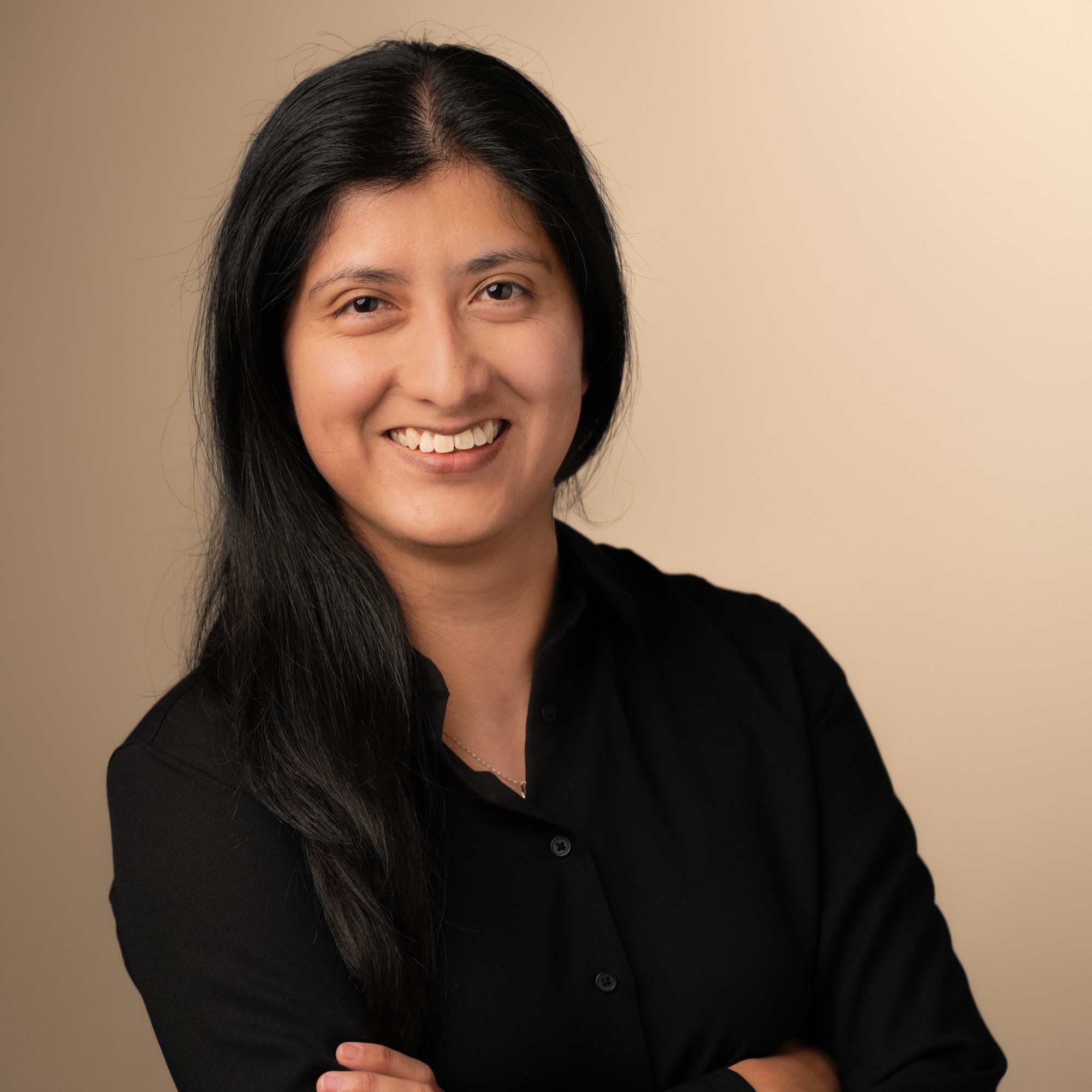
-
Mr Hoang Tron Nguyen (Johnny)

Select Recent Publications
- Inhibitor of DNA binding-1 is a key regulator of cancer cell vasculogenic mimicry. Thompson EJ, Dorward EL, Jurrius K, Nataren N, Tondl M, Myo Min KK, Cockshell MP, Fouladzadeh A, Toubia J, DeNichilo M, Merino D, Bonder CS. Molecular Oncology. doi: 10.1002/1878-0261.70027, 2025.
- Study of the Structure of Hyperbranched Polyglycerol Coatings and Their Antibiofouling and Antithrombotic Applications. Moore E, Robson AJ, Crisp AR, Cockshell MP, Burzava ALS, Ganesan R, Robinson N, Al-Bataineh S, Nankivell V, Sandeman L, Tondl M, Benveniste G, Finnie JW, Psaltis PJ, Martocq L, Quadrelli A, Jarvis SP, Williams C, Ramage G, Rehman IU, Bursill CA, Simula T, Voelcker NH, Griesser HJ, Short RD, Bonder CS. Adv Health Mater. 13(26):e2401545, 2024
- Desmoglein-2 as a cancer modulator: friend or foe? Myo Min KK, Ffrench CB, McClure BJ, Ortiz M, Dorward EL, Samuel MS, Ebert LM, Mahoney MG, Bonder CS. Front Oncol. 13:1327478, 2023.
- Pre-clinical validation of a novel pan-cancer CAR-T cell immunotherapy against nfP2X7. Bandara V, Foeng J, Gundsambuu B, Norton T, Napoli S, McPeake D, Tyllis T, Rad E, Abbott C, Mills S, Tan L, Thompson E, Willet V, Nikitaras V, Johnson A, Coombs J, Oehler M, Ricciardelli C, Cowin A, Bonder CS, Jenson M, Sadlon T, McColl S, Barry S. Nature Communications, 14(1):5546, 2023.
- Desmoglein-2 is important for islet function and β-cell survival. Myo Min KK, Rojas-Canales D, Penko D, DeNichilo M, Cockshell MP, Ffrench CB, Thompson EJ, Asplund O, Drogemuller CJ, Prasad RB, Groop L, Grey ST, Thomas HE, Loudovaris T, Kay TW, Mahoney MG, Jessup CF, Coates PT, Bonder CS. Cell Death and Disease, 13(10):911, 2022.
- Vasculogenic mimicry structures in melanoma support the recruitment of monocytes. Tan LY, Cockshell MP, Moore E, Myo Min KK, Ortiz M, Johan MZ, Ebert BW, Ruszkiewicz A, Brown MP, Ebert LM*, Bonder CS*. OncoImmunology, 11(1):2043673, 2022. *equal senior authors
- Desmoglein-2 expression by multiple myeloma is an independent predictor of poor prognosis. Ebert LM, Vandyke K, Johan MZ, DeNichilo M, Tan LY, Myo Min KK, Weimann BM, Ebert BW, Pitson SM, Zannettino ACW, Wallington-Beddoe CT, Bonder CS. Molecular Oncology, 16(5):1047-1056, 2021.
- Platelets disrupt vasculogenic mimicry by cancer cells Martini C, Thompson EJ, Hyslop S, Cockshell M, Dale B, Ebert LM, Woods A, Josefsson EC, Bonder CS. Scientific Reports, 10(1):5869, 2020.
- Desmoglein 2 promotes vasculogenic mimicry in melanoma and is associated with poor clinical outcome. Tan LY, Mintoff C, Johan MZ, Ebert BW, Fedele C, Zhang YF, Szeto P, Sheppard KE, McArthur GA, Foster-Smith E, Ruszkiewicz A, Brown MP, Bonder CS*, Shackleton M*, Ebert LM*. Oncotarget, 7(29):46492-46508, 2016. * equal senior authors.
- A non-canonical role for desmoglein-2 in endothelial cells: implications for neoangiogenesis. Ebert LM, Tan LY, Johan MZ, Myo Min KK, Cockshell MP, Parham KA, Betterman K, Szeto P, Boyle S, Silva L, Peng A, Zhang Y, Ruszkiewicz A, Zannettino ACW, Gronthos S, Koblar S, Harvey NL, Lopez AF, Shackleton M, Bonder CS. Angiogenesis, 19(4):463-68, 2016.
A complete list of publications can be found at https://pubmed.ncbi.nlm.nih.gov/?term=Bonder%20C&sort=date




